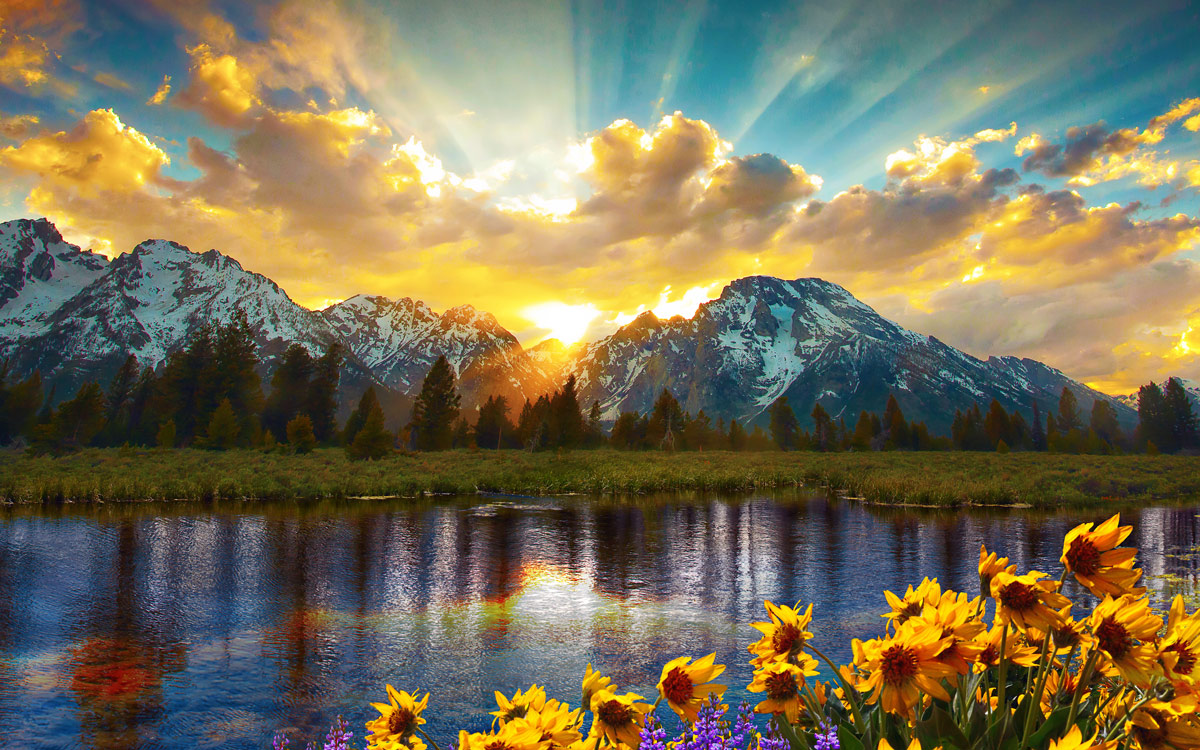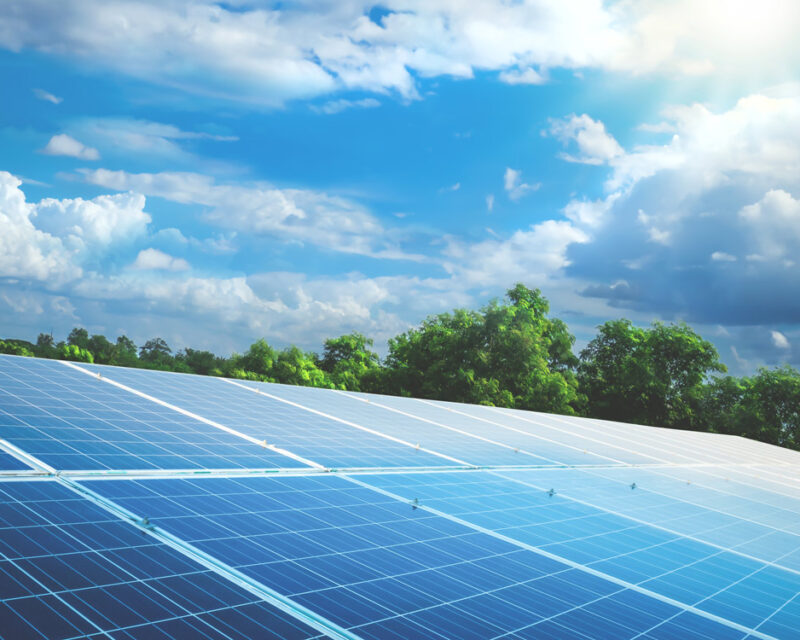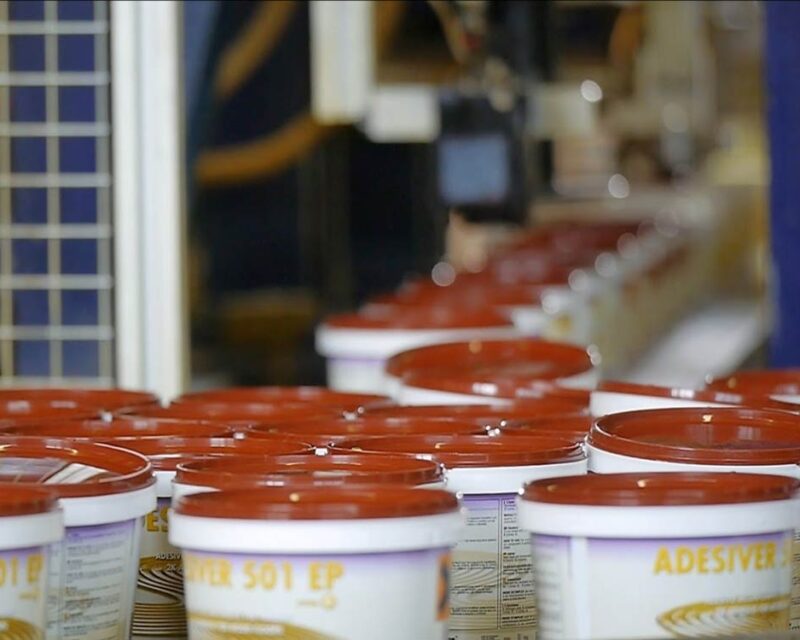The hope is that World Earth Day this year will be more important than all those that have been celebrated so far. If it were not, it would mean not only that we have not yet realised that there is not a minute to lose to save Planet Earth, but that the health (and consequently social and economic) crisis we have been mired in for over a year now has taught us nothing about the very close link between environmental disasters, loss of biodiversity and increased likelihood of pandemics.
The hope is that today the green thread that unites all the women and men who share the Earth's present and future will be able to reserve at least one reflection for themselves. Yes, to oneself. There is no need to think about great things, but while brushing our teeth be aware that the water that is flowing from our tap will one day no longer flow. Ask yourself whether when faced with the shelves of a supermarket we have begun to choose products without packaging or with recyclable packaging or made of recycled materials. Wondering whether the small gestures of separate waste collection cost us so much effort, whether we are among those who protest to citizens' committees because the waste bins are not decent for the posh neighbourhood we live in, whether we risk being caught red-handed by photo traps because we nonchalantly leave our homes at night to abandon a bag full of rubbish on the public park's wastebasket. Small things, yes. But put all in a row they make (or would make) a big difference.
"The future is wide open, and it depends on us, on all of us. It depends on what you and I and many other men do and will do, today, tomorrow and the day after tomorrow. And what we do and will do depends in turn on our thoughts and desires, our hopes and fears'. In short, history will talk about us and what we wish for our future today, said the philosopher of science Karl Popper. And the future that is under discussion today is the human system within the Planet.
Earth Day is the world's largest event to celebrate the environment and the preservation of our 'home'. It is fifty-one years old and has a different theme each time. "Restore our Earth" is the theme for this 22 April 2021. As in: come on, let's hurry up, let's remedy all the ills we have caused it and continue to cause it.
The picture of the present, however, is dramatic. As in all times when we see death in the face, during the long lockdown of the first wave of Covid-19 we were very good at reciting a litany of good intentions. We saw nature take back its space, but it was very short-lived. In fact, the data clearly tell us that CO2 emissions have already returned to their former levels. Although it is now clear that this pandemic is nothing more than a great time-lapse crisis, just like the climate change crisis.
With the Paris Agreement of 2015, we gave ourselves a deadline and a list of priorities on which to commit, all of us: the 2030 Agenda should really become not just a colourful collection of noble goals for states, institutions and economic enterprises, but our daily litmus test to try (maybe) to leave our children and grandchildren not a better world than we found it, but a world to live in again.
If there is any good news on this World Earth Day 2021 it is that, after the recent re-entry of the United States into the Paris Agreement (abandoned by Donald Trump), in recent days the US ambassador against climate change John Kerry managed to engage Beijing in the virtual summit organised for today by President Joe Biden with forty world leaders to plan stronger actions on environmental policies. While we cheer for them, let's not forget that we are all called upon to do our part: those little things that lined up all together make (or would make) the big difference.
Long live our Mother Earth.



